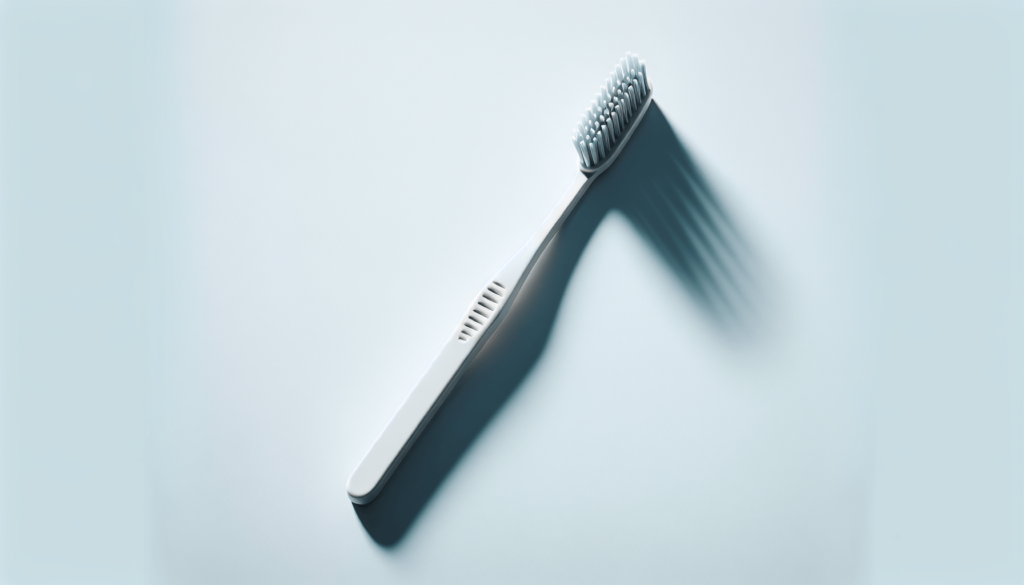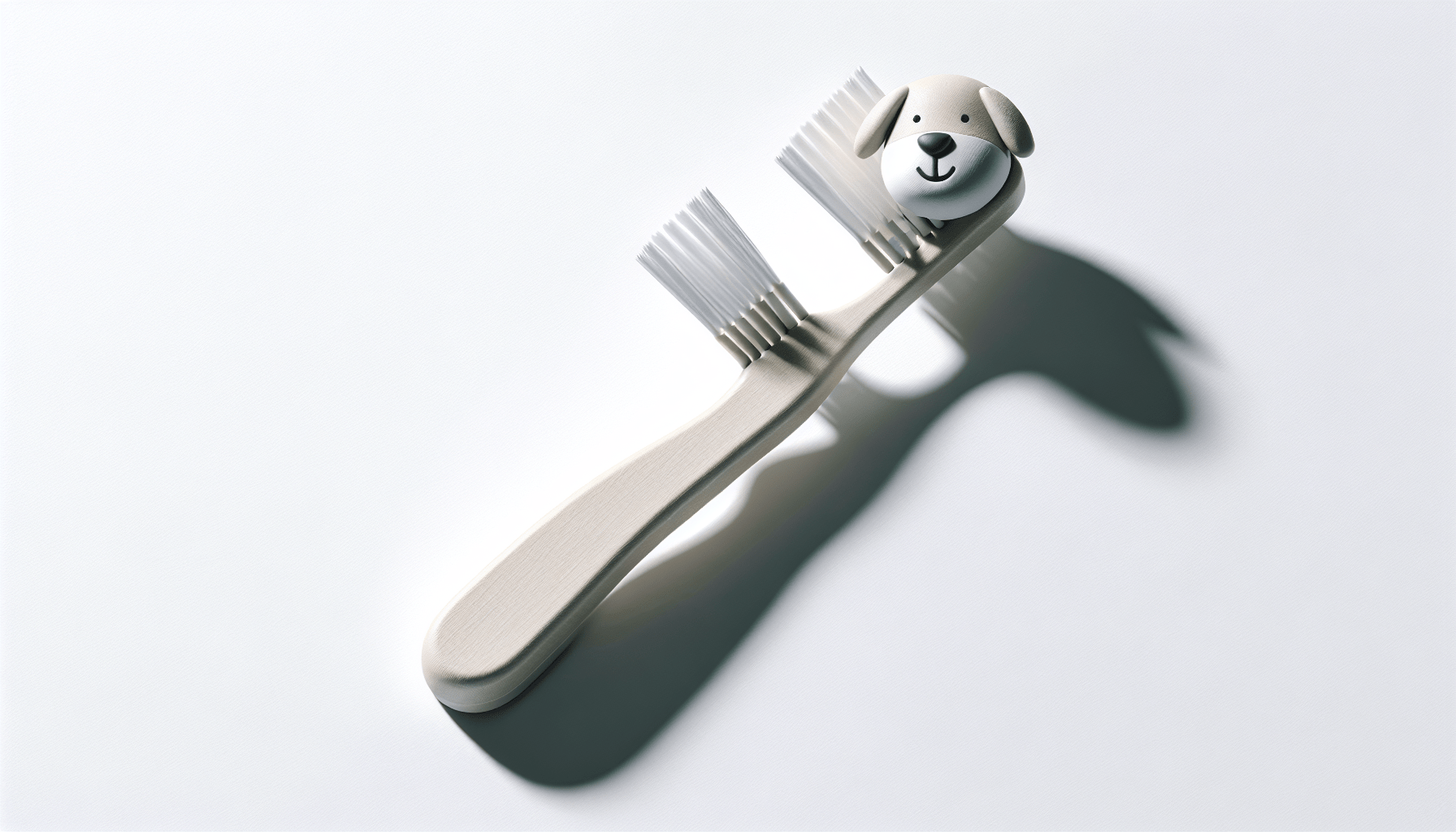Are you taking care of your pet’s teeth properly?
When it comes to taking care of your furry friend, oral hygiene is often overlooked. But just like humans, pets can suffer from dental issues if their teeth are not properly cared for. From bad breath to tooth decay, neglecting your pet’s oral health can lead to a host of problems. So, are you doing everything you can to ensure your pet has a healthy mouth?

Why is oral hygiene important for pets?
Just like humans, pets can develop plaque and tartar buildup on their teeth. This can lead to gum disease, tooth decay, and even tooth loss if not addressed. Proper oral hygiene can help prevent these issues and ensure your pet’s mouth stays healthy and pain-free.
Signs of dental problems in pets
It’s important to be vigilant when it comes to your pet’s oral health. Look out for signs of dental problems such as bad breath, swollen or bleeding gums, loose teeth, and reluctance to eat hard food. If you notice any of these symptoms, it’s essential to take your pet to the vet for a dental check-up.
Bad breath
Bad breath is often a sign of dental issues in pets. If your pet’s breath is consistently foul, it could be due to plaque and tartar buildup or an infection in the mouth. Regular teeth brushing and dental check-ups can help combat bad breath and keep your pet’s mouth fresh.
Swollen or bleeding gums
Healthy gums should be pink and firm. If you notice your pet’s gums are red, swollen, or bleeding, it could be a sign of gum disease. Gum disease can be painful for your pet and lead to tooth loss if left untreated. Regular dental cleanings and good oral hygiene can help prevent gum disease in pets.
Reluctance to eat hard food
If your pet is suddenly avoiding hard food or chewing on one side of their mouth, it could be due to dental pain. Tooth decay or gum disease can make eating painful for your pet, leading to changes in their eating habits. A dental exam by your veterinarian can help identify the issue and provide the necessary treatment.
How to care for your pet’s teeth at home
Taking care of your pet’s oral health doesn’t have to be complicated. With some simple steps, you can ensure your furry friend’s teeth stay clean and healthy.
Brushing your pet’s teeth
Just like humans, pets can benefit from regular teeth brushing. Use a pet-specific toothbrush and toothpaste to gently brush your pet’s teeth. Start slowly and gradually increase the duration of brushing sessions. Aim to brush your pet’s teeth at least a few times a week to keep plaque and tartar at bay.
Dental chews and toys
Dental chews and toys can help keep your pet’s teeth clean and healthy. Look for products that are designed to promote dental health, such as those with ridges or nubs that help remove plaque and tartar. Offer these chews and toys regularly to help maintain your pet’s oral hygiene.
Water additives and dental sprays
If your pet is not a fan of teeth brushing, consider using water additives or dental sprays that can help reduce plaque and tartar buildup. These products can be added to your pet’s water bowl or sprayed directly onto their teeth to support their oral health.
The importance of regular dental check-ups
While at-home care is essential, it’s also crucial to schedule regular dental check-ups for your pet. Your veterinarian can perform a thorough dental exam, clean your pet’s teeth, and address any issues that may arise.
Professional dental cleanings
Professional dental cleanings are recommended for pets at least once a year. During a dental cleaning, your veterinarian will remove plaque and tartar buildup, polish your pet’s teeth, and check for any signs of dental disease. This can help prevent dental issues and ensure your pet’s mouth stays healthy.
Dental x-rays
In some cases, your veterinarian may recommend dental x-rays to assess the health of your pet’s teeth below the gumline. Dental x-rays can reveal issues such as tooth decay, abscesses, or other hidden problems that may not be visible during a regular exam. These x-rays can help identify and treat dental issues early on.

Common dental procedures for pets
In addition to regular dental cleanings, your pet may require additional dental procedures to address specific issues. These procedures can help improve your pet’s oral health and prevent further complications.
Tooth extraction
If your pet has a severely decayed or damaged tooth, your veterinarian may recommend extraction. Extracting a tooth can help prevent pain and infection from spreading to other teeth or the surrounding gums. Your veterinarian will discuss the procedure with you and provide post-operative care instructions for your pet.
Gingival surgery
Gingival surgery may be necessary for pets with advanced gum disease or other gum-related issues. This procedure can help correct gum recession, remove infected tissue, and promote gum healing. Your veterinarian will assess your pet’s oral health and recommend gingival surgery if needed.
Root canal therapy
Root canal therapy can help save a damaged or infected tooth in pets. During this procedure, the inner pulp of the tooth is removed, and the tooth is filled and sealed to prevent further infection. Root canal therapy can help preserve your pet’s natural tooth and prevent the need for extraction.
Preventing dental problems in pets
Prevention is key when it comes to your pet’s oral health. By taking proactive measures, you can help prevent dental problems and keep your pet’s mouth in tip-top shape.
Proper nutrition
A balanced diet is essential for your pet’s overall health, including their dental health. Feed your pet high-quality pet food that is formulated to support dental health. Avoid feeding your pet table scraps or sugary treats that can contribute to plaque and tartar buildup.
Regular dental care
Consistent dental care is crucial for preventing dental problems in pets. Make teeth brushing a regular part of your pet’s routine, offer dental chews and toys, and use water additives or dental sprays as needed. Regular dental check-ups can also help catch any issues early on.
Watch for changes in your pet’s mouth
Keep an eye on your pet’s oral health and be vigilant for any changes in their mouth. By catching dental issues early, you can prevent pain, infection, and other complications from arising. If you notice any abnormalities in your pet’s mouth, schedule a dental check-up with your veterinarian.
Conclusion
Taking care of your pet’s oral hygiene is essential for their overall health and well-being. By incorporating proper dental care into your pet’s routine, you can help prevent dental issues and keep their mouth healthy. From regular teeth brushing to professional dental cleanings, there are plenty of ways to ensure your furry friend has a sparkling smile. Don’t forget to consult your veterinarian for guidance on the best oral hygiene practices for your pet. Your pet will thank you for it with fresh breath and a healthy mouth!

